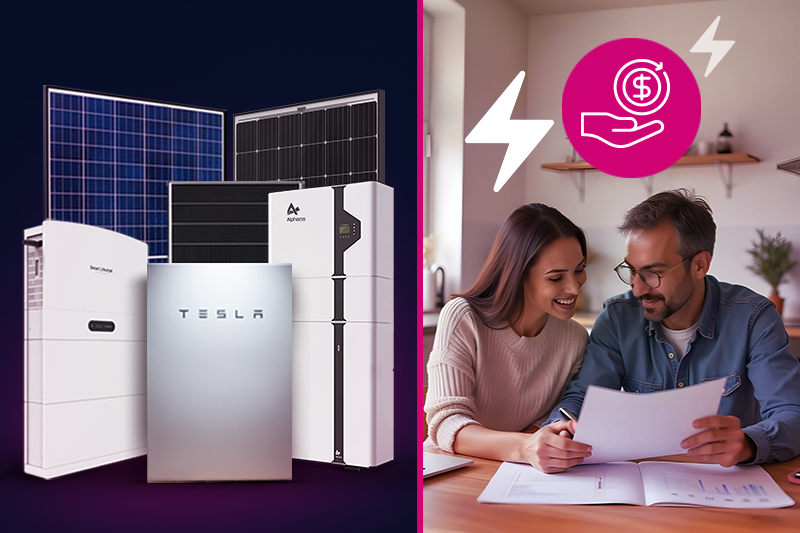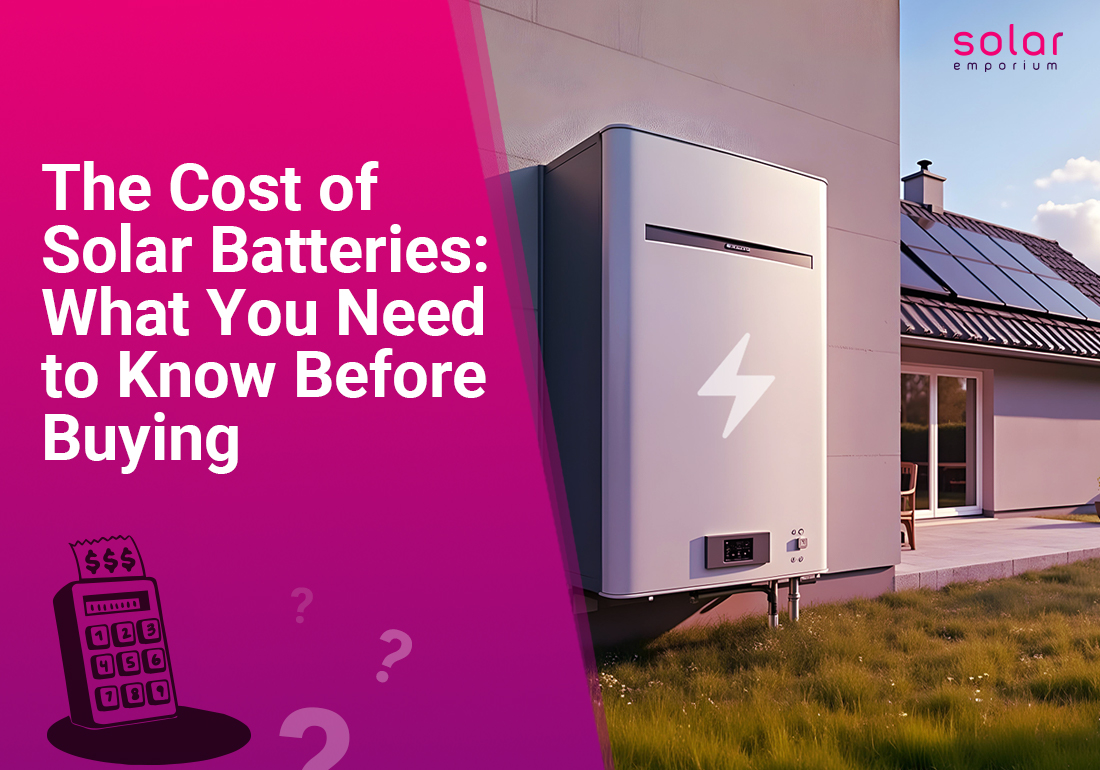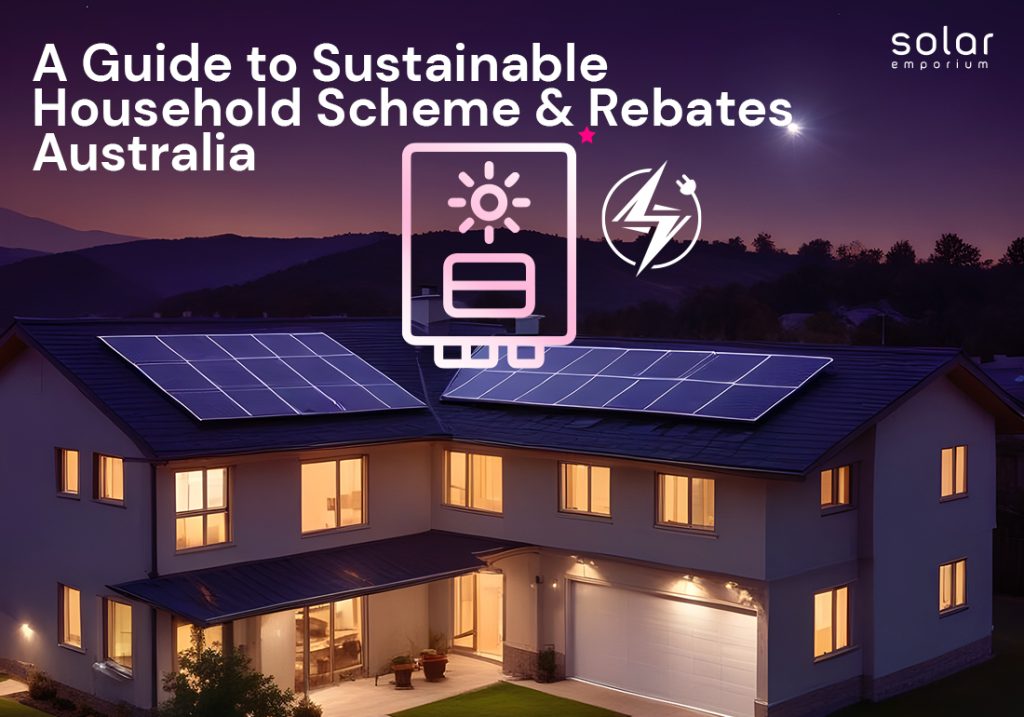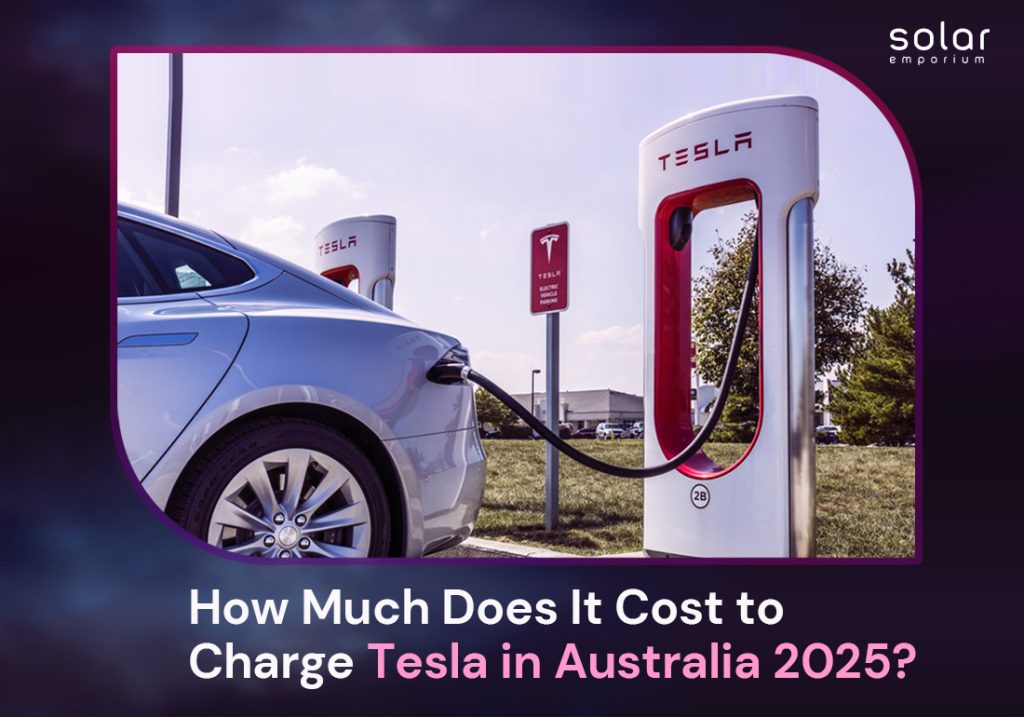Are you the one who wants to power your home with the sun, but the cost of solar batteries is holding you back?
With the promise of clean energy and independence from the grid, solar batteries are an exciting investment, but many potential buyers still wonder:
How much does the solar battery cost? Are they really expensive? What hidden factors should you be aware of before investing in solar batteries?
The truth is, there’s a lot more to consider than just the upfront price. From the technology behind the batteries to their long-term performance, every single battery feature can make a real cost difference, influencing your purchase decision.
So, before pulling the trigger on that purchase, hold on! In this blog, we’ll break down the costs of solar batteries and share some smart tips for making a smart economic choice.
It’s time to harness the sun and make investments without breaking the bank! So without any further ado, let’s begin!
Australia's Solar Battery Boom! Why are Batteries Becoming Popular in 2025?
Technically we all know that a solar battery is designed to store the surplus energy generated by your solar panels during the day. This energy is stored as DC power in the battery, which is then converted into usable AC or alternating current
Solar batteries allow you to use solar power even when the sun isn’t shining, reducing reliance on grid electricity.
However, there has been a growing trend for solar batteries recently, and one reason could be low feed-in tariffs. Feed-in tariffs usually refer to the payments you receive for sending excess electricity from your solar panels back to the grid.
Previously, these payments were more generous, but in many places, feed-in tariffs have significantly dropped in recent years. Some states offer only 2.25 cents between 9 p.m. and 3 p.m. for each kWh they push to the electrical grid.
Due to this reduction and less attractive financial return, many Australian homeowners are no longer interested in the scheme.
Residents nowadays choose cost-effective, efficient, and reliable ways to store energy in solar batteries, ensuring that the energy they produce is put to work for them rather than being undervalued when sent back to the grid.
Integrating batteries with your smart home can revolutionize the way you power your life. Their popularity continues to rise, and for good reason.
So, before diving into the incredible benefits of solar batteries, let’s take a quick look at some key highlights that make them a game-changer:
- Blackout Protection: Stay powered even when the grid goes down.
- Virtual Power Plant (VPP): Connect with a network to boost energy efficiency and savings.
- 24/7 Uninterrupted Power: Enjoy reliable energy at all times, day or night.
- Eco-friendly: Reduce your carbon footprint by cutting reliance on harmful fossil fuels like coal, oil and natural gas.
- Cost Savings: Lower your energy bills, especially during peak demand times.
- Fuel Price Protection: Guard against unpredictable increases in energy costs or price volatility.
Now, let’s look at the economic, environmental, and other tangible benefits of solar batteries that encourage Australian residents to install them in their households.
Thinking about Investing in Solar Batteries? | Here’s Why They Worth Your Money!

Batteries are a smart choice for Australians, and investing in solar batteries can be economical for various reasons.
So, here are 10 key benefits to consider when weighing solar batteries worth:
1. Enjoy Energy Independence by Empowering the Future!
2. Maximize Your Savings, Minimize Your Costs
Drawing energy from the grid can be more expensive during peak demand hours. However, by installing solar batteries, homes and businesses can use that energy at night or during cloudy periods.
This reduces reliance on grid electricity while saving costs on electric bills.
3. Powering Reliability, Ensuring Grid Stability
Solar batteries reduce strain on the national electrical grid, particularly during peak summer season and extreme weather.
This not only helps prevent blackouts but also contributes to the overall stability of the Australian energy system.
4. Green Choices, Clean Environmental Friendly Future
5. Technological Innovation Driving the Future
Improvements in battery technology, such as lithium-ion and solid-state batteries, have made solar storage systems more efficient, durable, and affordable.
With falling prices driven by recycling, sustainability, and cheaper materials, battery storage is now more accessible than ever.
6. Let Government Rebates & Incentives Work for You
Worried about the high upfront cost of solar batteries? Relax! In many states, government programs and incentives reduce the installation cost of solar systems and batteries
These tax credits, grants, or subsidies ultimately decrease the initial cost of solar panels and battery systems, making them more affordable and appealing to users.
7. Managing Energy in a Smart Way
Modern solar batteries have advanced software that helps homeowners monitor and control their energy usage.
This automation and control make it easier for users to manage energy consumption more efficiently, offering convenience alongside savings.
8. Resilient Power for a Secure Tomorrow
Switching to solar batteries can provide a reliable backup power source during grid failures in regions prone to natural disasters such as hurricanes, wildfires, and storms.
As climate conditions worsen daily due to greenhouse gas emissions, more and more people are turning to solar batteries for energy resilience.
9. Grid-Tied vs. Off-Grid Options
10. Lock in Savings, Protect Against Rising Energy Costs
People always seek ways to secure their future energy, and solar batteries have emerged as an outstanding option.
With the potential for rising electricity prices in the future, solar batteries offer long-term savings, providing a shield against increasing utility rates.
Solar Battery Costs in Australia: What You Need to Know Before You Buy
Now let’s shed some light on the most burning topic of recent times: How Much Do Solar Batteries Cost in Australia?
Well, while breaking down the price of solar batteries they can vary depending on several factors, including the battery brand, type of battery, storage capacity, and size
Here’s a cost breakdown of what you can expect in terms of pricing:
As of 2025, the average cost of solar battery storage in Australia is approximately $8,000 to $15,000. This includes both the cost of the battery itself along with the installation charges.
Are you curious to explore the costs associated with some leading solar battery brands in Australia, including Tesla Powerwall, Alpha ESS, and Sungrow?
Then, keep reading!
Tesla Powerwall: Premium Performance at a Premium Price
The whole Tesla Powerwall series is renowned for its high capacity and sleek, compact design that seamlessly integrates with solar systems.
According to the latest data from February 2025, a 13.5 kWh Tesla Powerwall 2 costs approximately $15,238. However, after including the rebate, the cost is significantly reduced.
Key Features of Tesla Powerwall:
- Battery Capacity: 13.5 kWh
- Price per kWh: Approximately $1,129
- Warranty: 10 years
- Integration: Blends seamlessly with Tesla solar panels or any other systems
Even though Tesla Powerwall offers lucrative features, it requires a higher upfront investment than other casual brands.
Moreover, the popularity and high demand can also affect their stock levels with limited availability.
Alpha ESS: Affordable and Scalable Solutions
Alpha ESS offers a range of solar batteries catering to various energy needs. For instance, a 10 kW solar battery price for Alpha ESS ranges between $8,500 and $10,000. To be more specific, a 10.1 kWh battery requires $10,357.
Battery systems with capacities ranging from 10-20 kWh are available for approximately $13,500 to $15,000 or more.
Key Features of Alpha ESS:
- Capacity Options: 5.5 kWh to 16.5 kWh
- Price per kWh: Approximately $1,025
- Warranty: Typically 10 years
- Scalability: Modular design allows for system expansion
Alpha ESS is undoubtedly a nicely designed solar battery that will complement any Australian home’s aesthetics.
Even though Alpha ESS batteries are less established and don’t have much brand recognition like Powerwall, they can be a great addition for their high output power and usable energy ratio.
Sungrow: Cost-Effective with Integrated Inverter
Sungrow provides solar batteries that include an integrated inverter, offering a comprehensive solution.
The Sungrow 9.6 kWh solar battery, which includes a 5-kW hybrid inverter, is priced at $10,643, equating to approximately $1,109 per kWh.
Key Features of Sungrow:
- Capacity: 9.6 kWh
- Price per kWh: Approximately $1,109
- Warranty: Typically 10 years
- Integrated Inverter: Simplifies installation and reduces additional costs for inverter
Aussie Solar Battery Installation Price: A Comparative Overview of Your Best Choices

On average, the cost to install a battery is about $1,300 per kWh before any incentives. After applying the 30% federal tax credit, the price drops to around $1,000 per kWh.
The table below presents average, indicative battery installation prices sourced from various installers across Australia.
However, these approximate figures can vary based on brand, installation complexity, and regional differences.
So, consult your local solar energy providers for the most accurate and up-to-date pricing.
Beyond the Basics: Additional Cost Considerations for Selecting the Perfect Solar Battery in 2025
- Maintenance Costs:
- In Australia, inspection and maintenance by a local solar company generally cost between $150 and $300.
- Regular battery maintenance, proper inspection, terminal cleaning, battery rotation and tilt ultimately extend the battery lifespan.
- Repair & Replacement Expenses:
- Integrated solar battery systems in protective containers are more challenging to repair and require expert or professional hands.
- Even though battery cost depends on battery capacity and installation fees, replacing multiple smaller batteries is more cost-effective than one large battery.
- If all batteries reach a 10-15-year lifespan, replacing the entire system may be more economical than only recycling old batteries.
- Battery Compatibility and grid connection cost:
- Avoid mixing different battery types and capacities, such as lithium-ion and lead-acid. Stick to the same battery type for efficient performance.
- Some batteries can power your home during an outage or provide energy to the grid for compensation. However, the costs associated with grid connections and backup systems can vary, so consider these when deciding.
- Electrical Wiring Costs:
- Rewiring your home can cost between $6 and $10 per square foot, typically around $1,500 for straightforward tasks.
- Inverter Costs:
- Many solar batteries, like Tesla Powerwall 3, have a built-in inverter. But what if your battery doesn’t? In such cases, expect an additional $1,000 to $1,500 for inverter.
The Hidden Factors Driving Solar Battery Prices in Australia 2025
As of February 2025, solar battery prices in Australia are influenced by several key factors. Here we’ve listed some:
New Material Costs and Supply Chain Challenges
The prices of critical materials like lithium, cobalt, and nickel, essential for battery production, fluctuate daily.
Moreover, supply chain disruptions, including geopolitical tensions and transportation issues, have further impacted the availability and cost of solar batteries in Australia.
Rapid Advancement in the Technological Field
Rapid Advancement in the Technological Field
Government Policies and Incentives
Market Demand and Competition
The growing demand for solar batteries, driven by environmental concerns and rising electricity costs, has increased competition among manufacturers.
This competition ultimately leads to price adjustments and more diverse product offerings.
Energy Market Reforms
Regulatory changes, such as adjustments to rules governing virtual power plants (VPPs), can impact the financial viability of solar battery installations.
Recent rule changes in Australia aim to enhance returns for households and businesses with rooftop solar panels and batteries, potentially influencing market dynamics.
Tips to Get the Best Deal on a Solar Battery in Australia

- Compare Prices and Check various retailers and manufacturers to identify the price differences.
- Look for Government Rebates and take advantage of these government incentives or financial aids for solar batteries.
- Pick a perfectly sized battery that fits your energy needs without overspending on unnecessary capacity.
- Research customer feedback and watch energy ratings to understand the battery’s performance and reliability.
- Opt for a battery with a solid battery warranty and a long lifespan.
- Negotiate Installation Costs by finding available discounts or bundle offers on installation fees while purchasing
- Sales events or end-of-financial-year is the best time to install batteries and get better pricing.
- Evaluate after-sales support from solar-accredited companies that provide good customer service and periodic maintenance schemes.
- Examine financing options! Some retailers offer financing plans and long payback periods, making it easier to pay in instalments.







